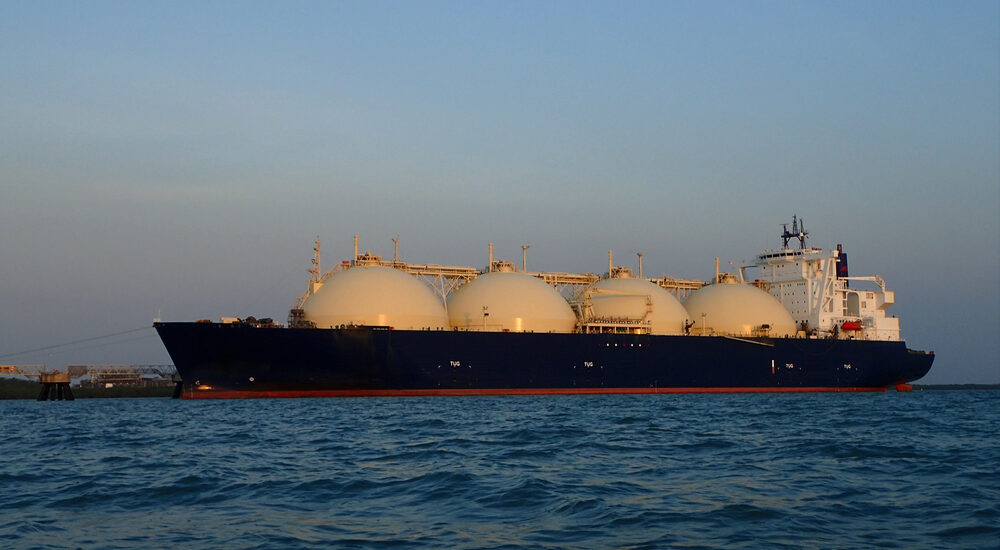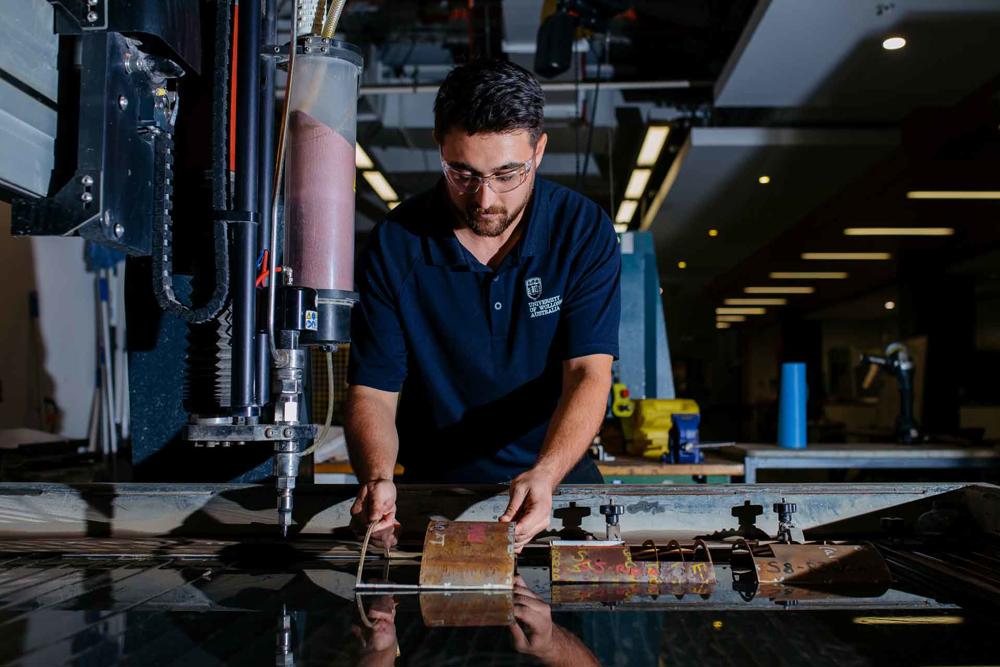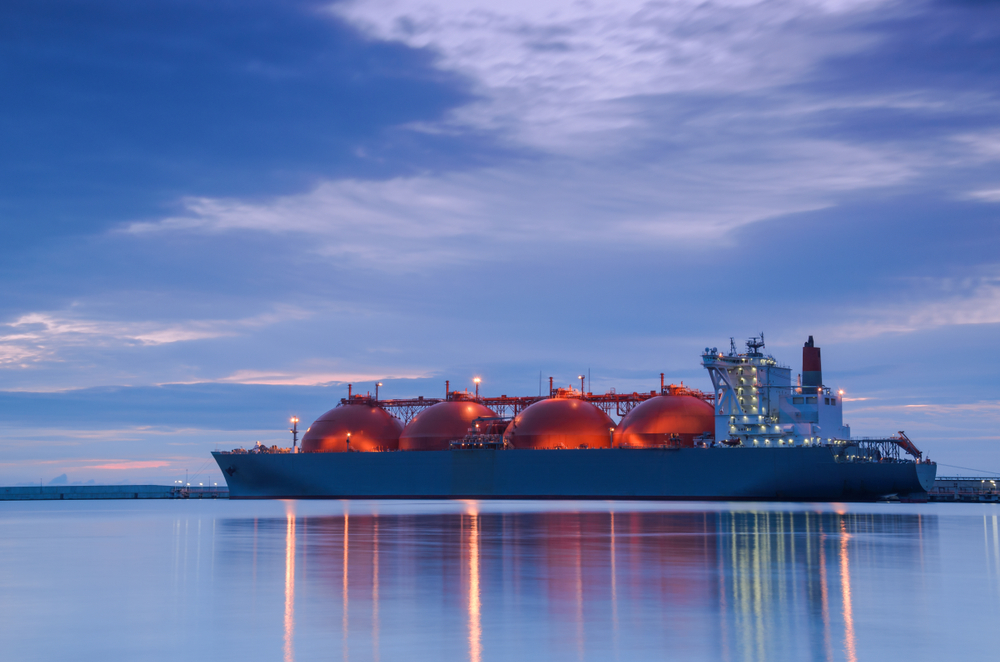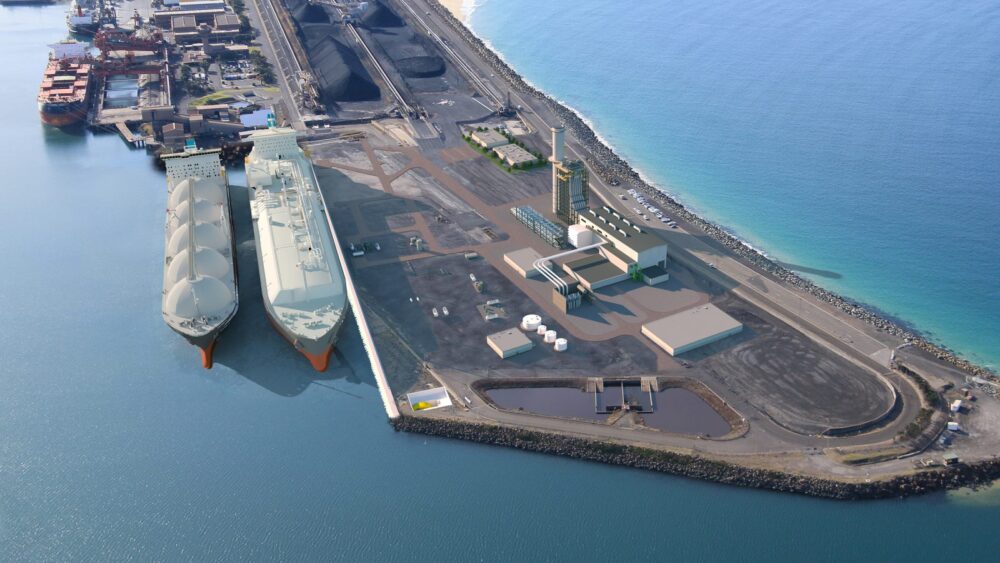
A new report from the Climate Council has revealed the extent to which gas is driving climate change, and it is likely to be worse than the official figures suggest.
The report, Passing Gas: Why Renewables Are the Future, exposes just how dangerous gas is and its significant role in driving climate change, said Climate Council’s CEO, Amanda McKenzie. She noted that extracting and burning more gas is putting Australians in harm’s way.
“We are already in the grip of a climate crisis having endured the Black Summer bushfires, devastating drought and the third mass bleaching of the Great Barrier Reef in five years. The only way to keep us safe is to transition to renewables as quickly as possible,” Ms McKenzie said.
Data released this week from the Australian Government highlights that emissions from gas have continued to rise over the past 12 months, but this report reveals that the real figure is likely to be even higher.
“Our report shows that emissions from gas are not accurately reported in Australia. Upstream emissions of gas, as well as other leaks, are under-reported, using out-of-date measures,” Ms McKenzie commented.
Report Key Findings:
- The gas industry is the second largest user of gas in Australia. More than a quarter of the gas consumed here is burned by the gas industry in the process of turning it into LNG before it is sent overseas.
- The international gas market is in crisis, and Australia is dangerously exposed to job losses and ongoing power price volatility.
- The main component of gas, methane, is a greenhouse gas nearly 100 times more potent than carbon dioxide in the short term. At every stage of the gas supply chain large quantities of methane are emitted.
- Seismic shifts in the economics of renewables over the past decade means no new gas infrastructure is needed.
- The Australian Energy Market Operator has made it clear that the need for gas will continue to diminish over the next 20 years.
“Rising emissions from the gas industry are cancelling out the gains Australia has made in building a record amount of solar and wind,” said Climate Councillor and former head of BP Australasia, Greg Bourne.
“Gas is a major driver behind rising global temperatures and Australia is extremely vulnerable,” Mr Bourne said.
“Why would we invest in something that is dirty and dangerous when there are clean and cheap alternatives? With careful planning, Australia can transition to 100 per cent renewable electricity and storage quickly and efficiently.”
“Australia needs a renewables-led recovery that will create clean, long-term jobs. Gas for electricity is quickly becoming redundant,” he added.
The Climate Council’s Clean Jobs Plan found that 76,000 jobs can be created in the short term, getting Australians back to work and tackling climate change.












